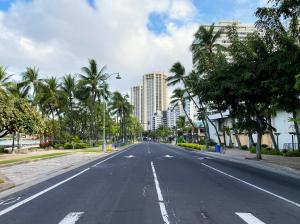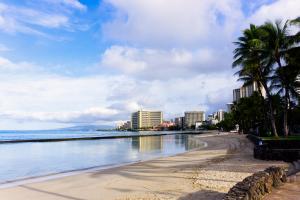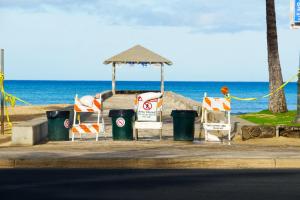Share your COVID-19 experience with the Center for Oral History
University of Hawaiʻi at MānoaCOH director and Ethnic Studies professor, Center for Oral History, Ethnic Studies
The Center for Oral History (COH) in the University of Hawaiʻi at Mānoa’s College of Social Sciences invites our community to be a part of history by documenting experiences in the time of COVID-19 with them.
“Hawaiʻi Life in the Time of COVID-19” project is designed for residents to reflect upon and share the pandemic’s impact – acknowledging major events, honoring courageous acts and selfless sacrifices, and helping to understand social and economic trends as they unfold.
Hawai‘i residents may participate in one of two ways:
-
Document your own oral history by self-recording your own audio or video, sharing photos from your journal/diary entries or daily life, or submitting poetry, mele (song/chant) or other art.
Submissions will be accepted for at least a year, and will be shared on the project’s website on a rolling basis.
“This project is an opportunity for our community members to memorialize and reflect upon, share and memorialize their experiences and envision a better future for our islands,” said Davianna Pōmaikaʻi McGregor, COH Director and ethnic studies professor in the College of Social Sciences. “This approach is based on the rapid response oral history method used after the 9/11 attacks on the World Trade Center, and the 2017 and 2018 women’s marches.”
COH will compile project responses into an archive for researchers and policymakers. Key themes from the submissions will also be identified by the COH team.
COH, housed in the Ethnic Studies Department, collects, documents, preserves and highlights the recollections of Native Hawaiians and the multi-ethnic people of Hawaiʻi. It produces oral histories and interpretive historical materials about lifeways, key historic events, social movements and Hawaiʻi’s role in the globalizing world, for the widest possible use. Email cohes@hawaii.edu for more information.



